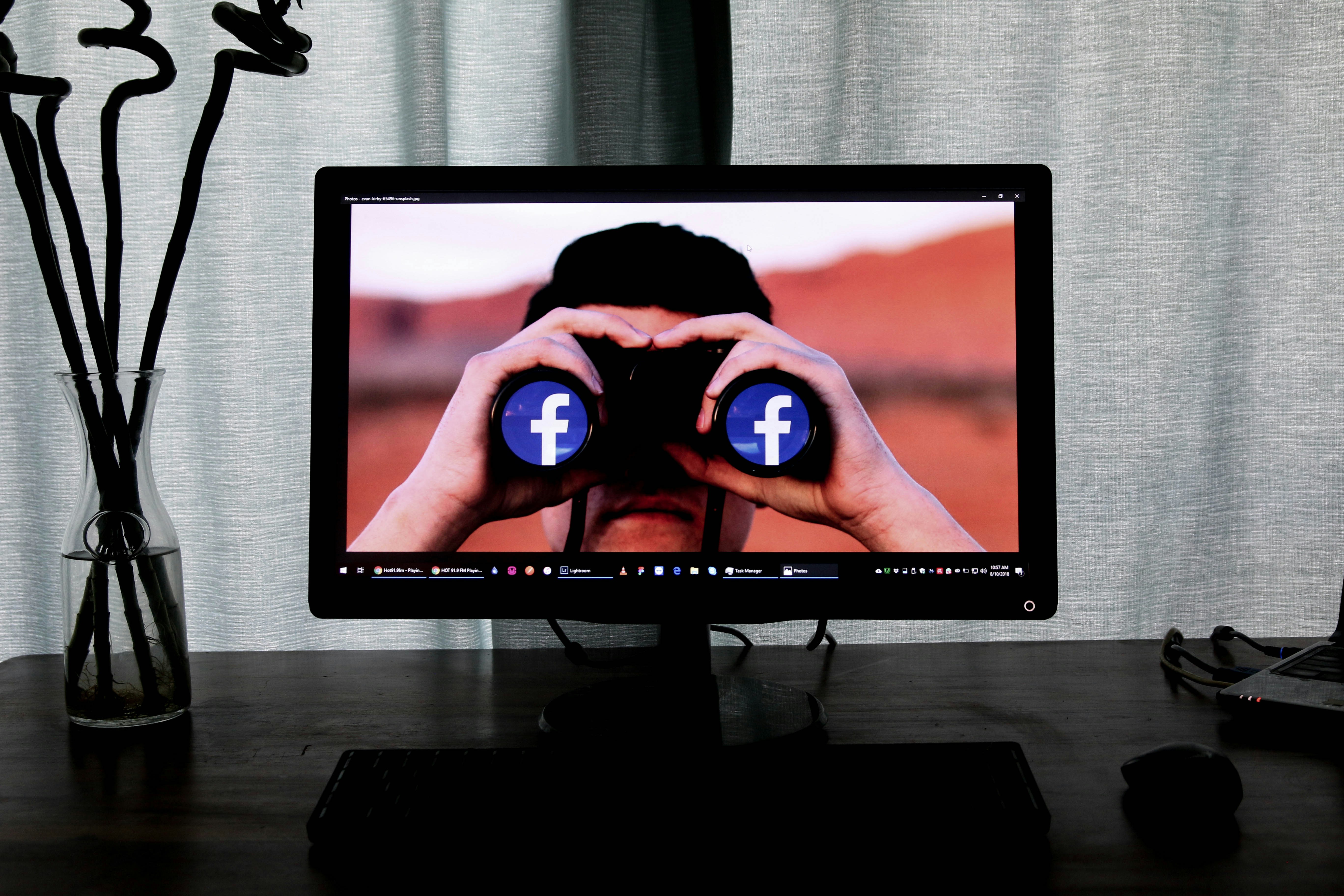Shaping Society: Unpacking the Cultural Impact of Memes
Memes are no longer just a source of entertainment. They play a significant role in shaping our society and culture. Read below to unpack the cultural impact of memes and how they are influencing modern society. Memes are ubiquitous in our digital age, serving as a form of communication and expression that is uniquely suited to our increasingly connected world. They have evolved from simple image macros to complex narratives that reflect and shape societal attitudes. But to understand their cultural impact, we must first trace their roots.

The term ‘meme’ was coined by evolutionary biologist Richard Dawkins in his 1976 book, “The Selfish Gene.” Dawkins created the term to describe an idea, behavior, or style that spreads within a culture. In the digital age, this concept has taken on a life of its own, evolving into a major cultural phenomenon.
From Humor to Cultural Commentary
While memes were initially associated with humor, they have since evolved into a form of cultural commentary, often touching on serious issues like politics, social justice, and mental health. Memes have become a way for people to express their views, share their experiences, and connect with others who may have similar perspectives.
Memes are particularly popular among younger generations, who use them as a form of social currency. They serve as a shared language that helps to foster a sense of community, allowing people to connect over shared cultural references, experiences, and values.
Impact on Society and Culture
Memes have a profound impact on society and culture. They help shape public opinion, influence trends, and even drive social movements. A prime example is the role of memes in political discourse. Memes have become a powerful tool for political expression, allowing people to communicate their views in a way that is accessible and engaging.
Moreover, memes can foster a sense of solidarity among individuals who may feel marginalized or misunderstood. They provide a platform for these individuals to voice their experiences and find a sense of community. In this way, memes can have a positive impact, promoting empathy and understanding among different groups within society.
The Dark Side of Memes
While memes can have a positive impact, they also have a darker side. They can be used to spread misinformation, reinforce harmful stereotypes, and promote hate speech. This is particularly concerning given the speed and ease with which memes can spread across the internet.
Furthermore, memes can contribute to the polarization of society, as they often reinforce existing beliefs and attitudes, rather than challenging them. This can lead to a lack of understanding and empathy among different groups within society, which can further exacerbate social divides.
Moving Forward: Memes in the Future
As our society continues to evolve, so too will the role of memes. They will likely continue to serve as a form of cultural commentary, reflecting and shaping societal attitudes. However, it is important for us to remain critical consumers, recognizing the potential for memes to both unite and divide us.
The cultural impact of memes is a testament to their power and influence. They have transformed the way we communicate, engage with culture, and understand society. As we continue to navigate our digital age, it is clear that memes will remain a significant cultural force.




